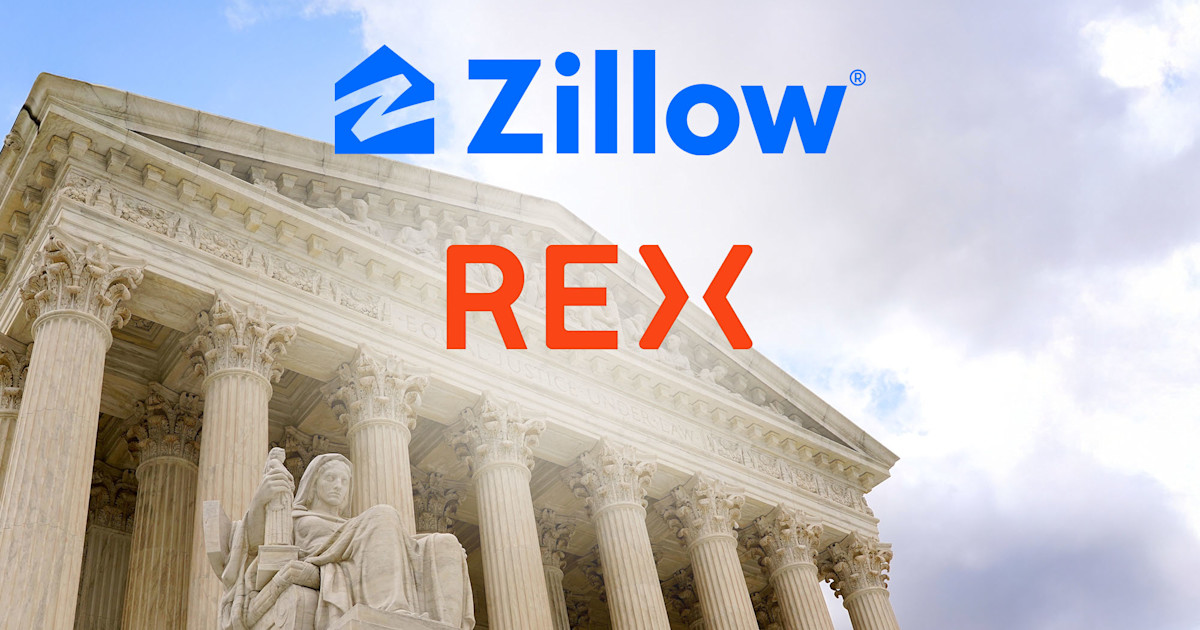T
he Supreme Court has refused to take up REX’s antitrust complaint against Zillow and the National Association of Realtors (NAR), leaving the lower‑court decision that the two parties did not collude to hide non‑MLS listings intact. REX, a now‑defunct discount brokerage, had contended that NAR’s “no‑commingling” rule—requiring MLS listings to appear separately from non‑MLS ones—undermined traffic to its own listings. Both the district court and the Ninth Circuit agreed that the rule was optional and that Zillow independently redesigned its site to comply.
In June, NAR eliminated the commingling restriction at its annual meeting in Washington, D.C. Zillow welcomed the outcome, saying it confirmed the company’s commitment to transparency, innovation, and consumer focus. NAR, meanwhile, reiterated that its optional rule was never an antitrust violation and that MLSs continue to provide agents and buyers with accurate, up‑to‑date information.
REX’s legal journey began in 2021 when it sued Zillow, alleging that the separate‑tab display for non‑MLS listings—phased out in April—constituted deceptive, anticompetitive conduct. The trial court dismissed the case in 2023, and the Ninth Circuit upheld that ruling in March 2024. REX petitioned the Supreme Court in September, arguing that appellate courts had applied inconsistent standards to trade‑association rules that are technically optional. The high court declined to hear the appeal, cementing the Ninth Circuit’s judgment.
The ruling effectively ends REX’s challenge, but it leaves open broader questions about competition and transparency in the real‑estate market. The case unfolded amid heightened antitrust scrutiny of industry practices, including commission disputes and the Justice Department’s ongoing investigations into how real‑estate rules affect consumers and innovation.















